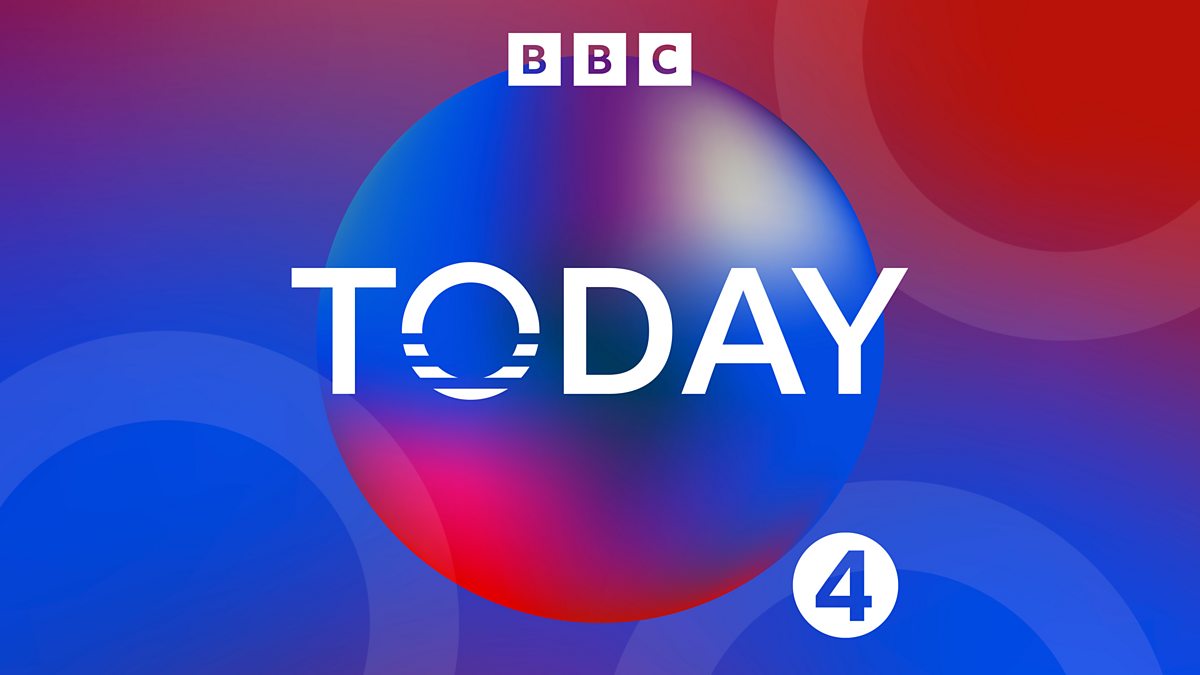Following the horrific hate-filled mass shooting in Buffalo, New York on 14th May, 2022, the BBC reached out to HateLab to seek comment on the motivations of the perpetrator and the role of social media. Appearing on BBC Radio 4 Today, Radio Scotland and Radio London, Professor Williams said the 18-year-old attacker claimed to have been initially radicalised on the fringe site 4chan and had no ties with white supremacist organisations offline. This is yet more evidence that lone-wolf terrorists can be solely forged online.
Professor Williams went on to say that 4chan is a totally anonymous niche user-to-user platform that is popular with the far and alt-right and white supremacists due to its lack of moderation. The platform that live-streamed the attack, Twitch, is a gaming site normally used to stream gameplay footage. The platform has had its fair share of controversy. In 2019 there was a similar live-stream of a shooting in a synagogue in Germany and a copy of the live-stream of the Christchurch shooting was also found on the platform. Professor Williams recalled that they introduced a range of anti-hate policies in 2018, but said it is next to impossible to prevent this kind of live-stream within seconds due to the limits of AI and human moderation.
The UK’s Online Safety Bill is meant to be designed to address this kind of content on social media platforms. However, Professor Williams said the bill in its current form only imposes regulations on big social media, which excludes niche platforms where extremists gather and the radicalisation of young people can occur. Even if niche platforms were included, not all content used to radicalise may come under the definitions of harmful or illegal, as some of it may be protected as ‘journalistic’ content or content of ‘democratic importance’.
Listen to the interviews here:
BBC Radio 4 Today
BBC Radio Scotland
BBC Radio London
